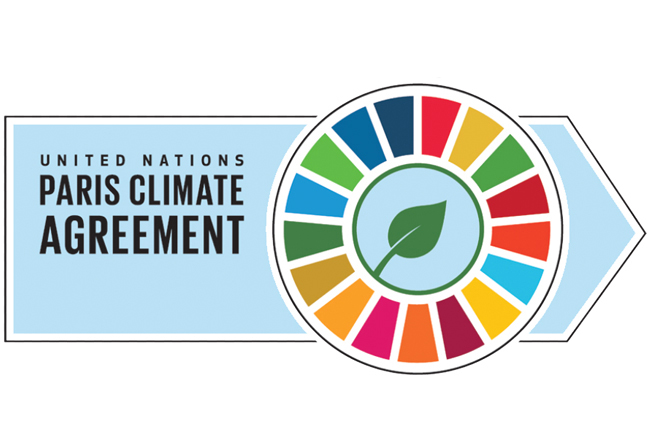Simplify, Young (Wo)Man
The most obvious protection from the real, yet only vaguely predictable, effects of climate change is to get out of the way. Consider, for instance, that residing in densely populated areas increases some risks, and that life has become increasingly urban, with some cities now populated by more than ten million people. Large metropolitan areas are necessarily supported by complex systems for distribution of food, water and other goods and services, and for disposal of wastes, and complex human-made systems with many interdependent parts are prone to breaking down.
Examples: One who lives in a city high-rise apartment is more impacted by failure of electricity powering elevators than are occupants of low-rise apartment buildings. Living far away from reliable, sufficient supplies of food increases risks from transportation collapses or local changes in temperature or water availability. So what?
The first question for many Americans is whether human-caused climate change exists. Many deny that man has done anything that will speed or slow natural cycles of heat, cold, rain, sea levels, extinction of plant and animal species. If the climate change deniers are correct, there is no urgency in testing and implementing adaptation strategies. Humans have adjusted successfully to climate swings since civilizations began 10,000 years ago, and will do so again. One problem with the “natural causes” argument is the consistent high speed and steady direction of the global warming we observe. It is clear that planetary warming has accelerated in the past 100 years, and that it reflects rising concentrations of atmospheric carbon dioxide. Past climate changes tended to be slower.
The second question is what weight to give to climate scientists’ predictions of changes – changes arguably caused by too many people consuming too much. We now see rising seas, more heat, more powerful storms, but many will reject credible, threatening predictions until changes which affect them painfully arrive. The historic strength and short-term stability of climate, and the uncertainty of all projections, are used to counter the science.
We can rationally choose to do nothing in the way of adaptation, even if one accepts what mainstream science says about emerging climate changes. It is tempting to ignore dangers that are not immediate threats and leave the problems to our grandchildren.
This blog favors another approach, which is to give weight to science’s predictions about likely consequences of high population numbers and high consumption. It is sensible, if not yet common, to factor the best climate science into decisions of where and how to live. Future posts will outline defensive actions for men and women who credit science’s warnings and want to protect their families.



